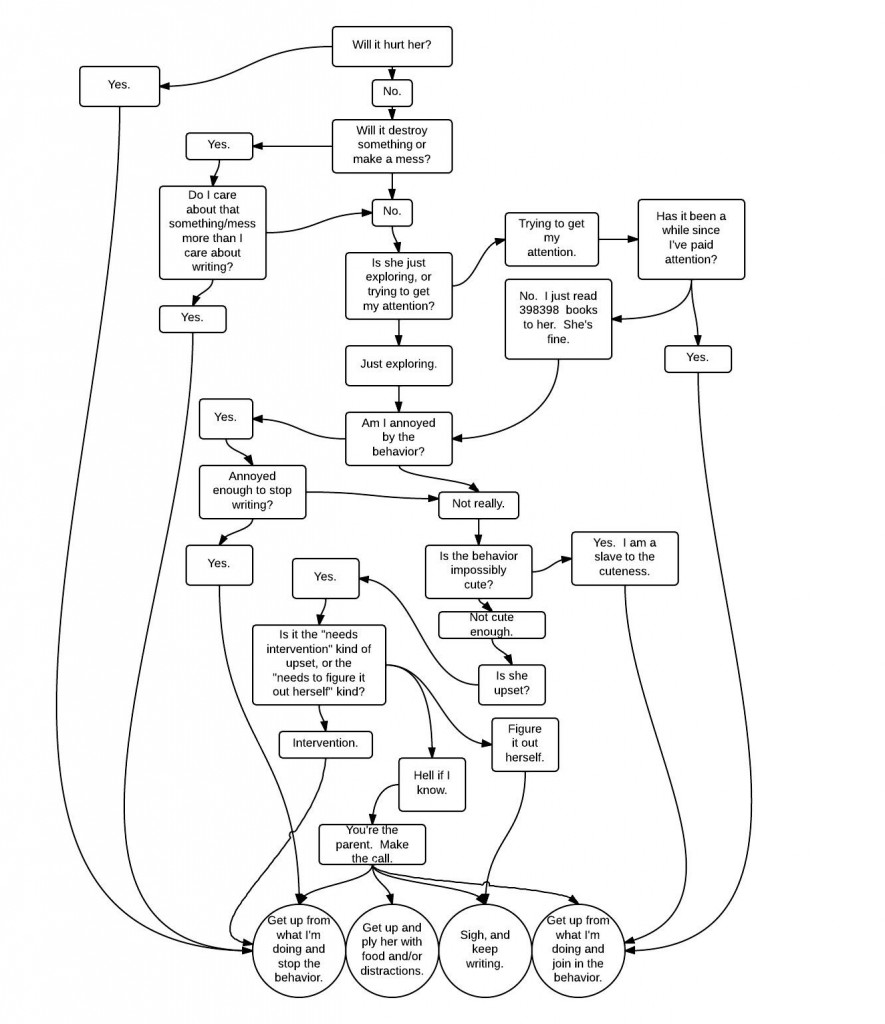You’ve probably heard about this by now, but if you haven’t, there’s an Indiegogo campaign going on for an anthology featuring a lot of awesome authors. They’re writing either alternate endings/chapters/versions of their own work, or essays and such about mental illness. All the proceeds for the campaign go to helping Robison Wells pay down the medical and tax debt that he’s accrued as a direct result of his crippling mental illnesses.
I don’t think I can say anything better about the particulars of the situation than what’s already been said, so I’m going to link you to some people. First, Rob’s description of what’s happened to him can be found on the Indiegogo page, and also on his blog. I like this one with a Mormon focus, particularly. Brandon Sanderson is organizing the production of the anthology, and you can find his pitch for the project here. Dan Wells wrote this post about Rob’s situation. I also really liked what Shannon Hale had to say about OCD in this post. (OCD is one of several of the disorders Rob is currently grappling with.)
Mostly, though, I just want to say that Rob is awesome. He has always been and continues to be an incredibly kind and giving person. He’s helped me out when I know he had a lot of other more pressing things on his plate to deal with. He’s a good friend and a good writer and a great person, and what’s happened to him breaks my heart. I hope that this anthology funds fully, so he and his family can get the relief that they need.
Because I don’t think we can say this enough: mental illness is real. It’s terrible and dark. When you have a mental illness, your brain tells you things that don’t make sense, and to me, there is nothing in the world scarier than not being able to trust and depend on your own brain. I’ve known a lot of people with mental illnesses, and I’ve dealt with them myself. For a long time I wondered why so many people with these problems crossed my path, but I don’t wonder any more. It’s because these problems are ridiculously common. You most certainly know not one, not two, but many people who suffer from them, whether or not they’ve chosen to share that with you.
Rob’s struck a blow against the stigma by talking about his so openly, and I respect him for that. The terrible truth about mental illness (any illness?) is that there’s nothing any of us can do to fix it. We can’t take Rob’s problems away from him, and while he can (and does) seek treatment, there’s nothing he can do to make himself better either, at least in the immediate sense. What he can have, though, is relief from the crippling debt that comes with living in America and having any kind of sudden health crisis that renders you unable to work.
What’s happened to Rob is something that could happen to any of us at any time. So take a look at the anthology project, and if you can, buy a book.
The money couldn’t go to a better guy.

